Milo Djukanovic: "I have no communication with Vučić"; "Amfilohije did not beat me"
In an interview with the Beta agency, the Montenegrin president spoke about the relationship with the president of Serbia and with the Metropolitan Amfilohije.
Tuesday, 08.12.2020.
12:13
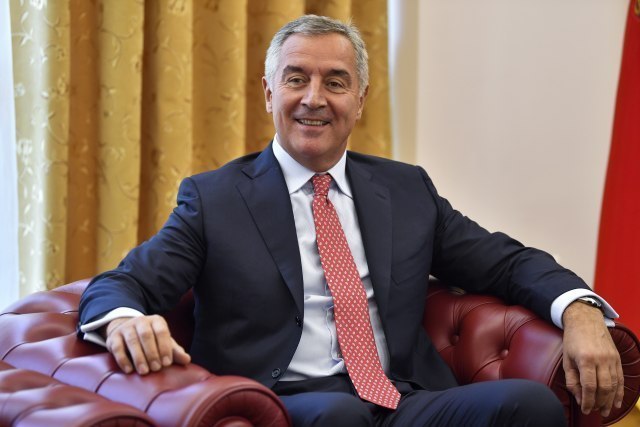
Milo Djukanovic: "I have no communication with Vučić"; "Amfilohije did not beat me"
In that interview, Milo Djukanović said that he had no communication with the President of Serbia, Aleksandar Vučić, or a business relationship. On Vučić's visit to Montenegro during the funeral of Metropolitan Amfilohije, he says he sees it as private."When I go on a private visit to Belgrade, I do not call any of my colleagues in the state government in Serbia," he said.
"In the previous period, I had communication that is implicit for people who perform the functions of the heads of states of neighboring countries," he said.
Commenting on the writings of some media that he has business relations with Vučić, he answered: "It is absolute nonsense whoever said it. I have no hidden jobs in Montenegro or abroad, least of all in Serbia."
EU letting him down the drain
He rejected the assessments that the international community "let him down the drain"."In order for someone to let someone down the drain, they had to help them keep their head above water beforehand. Neither Montenegro nor me personally have ever been helped to keep our head above water. On the contrary. Just recall the referendum. Did you recognize someone, from our partner international community, to support us back then? No", Djukanovic said.
As he added, no one can let him down the drain because he "kept to his integrity all the time, independently and responsibly deciding on issues concerning Montenegrin interests".
"I can say that in several such situations when I did not have the understanding of the international community, it turned out later that I made the right decision," he said.
Why he wasn't attending Amfilohije's funeral
The Montenegrin President said that the Democratic Party of Socialists bears part of the responsibility for strengthening the Serbian Orthodox Church in Montenegro, but that this did not happen by accident, but had its own prehistory.Djukanovic said that immediately after the 2006 referendum on independence, he talked with the late Metropolitan Amfilohije about calling the church in Montenegro Orthodox, without a national sign, and that "that idea was not rejected at the beginning." In that sense, Djukanovic pointed out, after the 2006 referendum, the Episcopal Council was formed, which gave the Serbian Orthodox Church in Montenegro a certain autonomy, which was "considered an excellent step".
"Immediately after independence, during a conversation with Amfilohije in the presence of a mutual friend, I suggested to him that we should think about giving the Orthodox Church in Montenegro such a name so that we would free it from the national sign of those Serbian-Montenegrin divisions," he said.
As he adds, they gave some time to "such a potential evolution". "That idea was not rejected then. That process of communication between the Serbian Orthodox Church and the state in a period after independence was quite appropriate. However, further development of political events in Serbia, the region and on the global scene led to aggravation, which was manifested primarily due to the renewal of great-power ideas", Djukanovic said.
Djukanovic believes that Serbia has returned to the politics of the 1990s and that "by ostensibly protecting the rights of endangered Serbs in the region, it is actually endangering the sovereignty of neighboring countries and thus unequivocally but seemingly announcing its idea of a new Greater Serbia".
Djukanovic said that there was no doubt that the Law on Freedom of Religion would sooner or later be part of the Montenegrin legal movement, but added that it should have been adopted earlier.
"Yes, there was no optimal time last year in December. There is no flaw in the work done, then it was estimated that, although it is late, we must go with the adoption of that law, that we must not wait more than five years since we started the story, and I will remind you that the adoption of that law started in 2014. All that contributed to the creation of such an atmosphere that led to such an election outcome", he said.
He pointed out that neither Metropolitan Amfilohije or anyone else hadn't defeated him in these elections, although he "heard such comments from those people, who are not doing anything for 30 years, but wishing his defeat."
When asked why he did not go to the funeral of Metropolitan Amfilohije, with whom he had complicated relations and meetings for decades, he said that he considered it an "appropriate relationship" to send a telegram to the Serbian Orthodox Church, its clergy and believers. "I was not objectively prevented, but that was my assessment of the appropriate attitude towards that act," Djukanovic said.
"Those celebrating liberation today want Montenegro to return to slavery."
He rejected the assessments that the new government of Montenegro was "the first democratic government" as unsubstantiated, and added that their goal was to "support the intention to enter into some kind of revanchism towards the previous government"."Those who are celebrating liberation today wish that Montenegro returns to the state of slavery, state and national impersonality as it lived from 1918 to 1941," Djukanovic said in an interview with the Beta agency. Djukanovic also said that he was glad that there were people who were sincerely worried "from the standpoint of national responsibility" for the future of Montenegro and who recognized the "danger of further slipping" towards a society that would be more theocratic and less secular.
"I believe that it will lead these people to greater responsibility when it comes to the election process," he said.
Asked what the cohabitation of the government might look like in practice and whether he knew any of the new ministers, Djukanovic said that he knew some so superficially that he could not dare say that he knew them, but that there would be opportunities to meet during the cohabitation.
"I believe that cohabitation will look like the transition of power after August 30. A good part of the domestic and international public doubted the democratic capacity of Montenegrin society, claiming that a peaceful transfer of power could not happen here. I believe that we showed that these doubts were unfounded. Now we are entering the phase of cohabitation of the government and I have no problem with such functioning. So far, I have done my job in accordance with the constitutional powers, and I plan to continue doing so in the next period," he said.
"The electorate did not punish us because of our decisions, but because of some deformities it noticed in our behavior. So, if that is true, then it is clear what should be done in Congress and how to make moves that will lead us to the rehabilitation of trust the fastest", he said.
The DPS Extraordinary Congress is scheduled for August 27. Djukanovic did not precisely answer the question whether some people no longer have a place at the top of the DPS after the elections.
“I really think a lot of work has been done, and why would it be heresy now or weird to think about whether, when this setback happened to us, we should think about some renewal that should mean opening up more space to a new generation of people", he concluded.


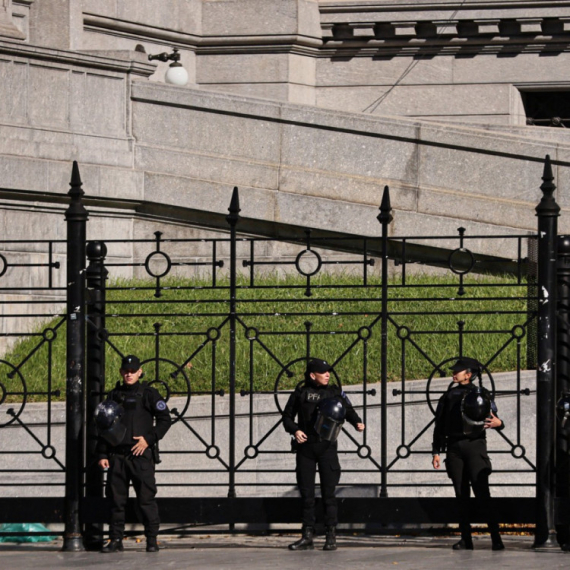
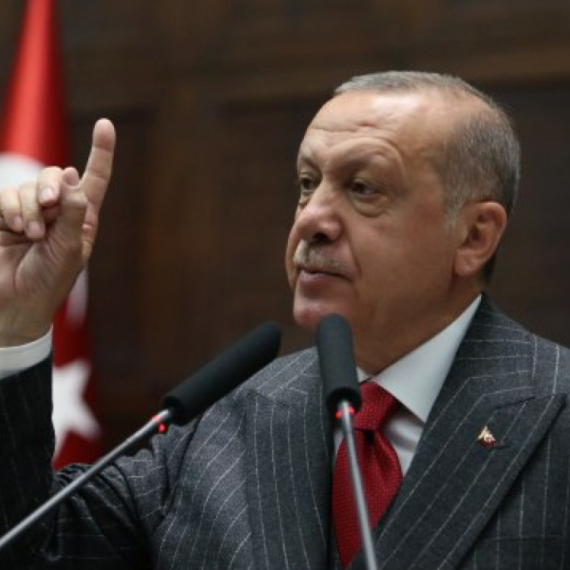
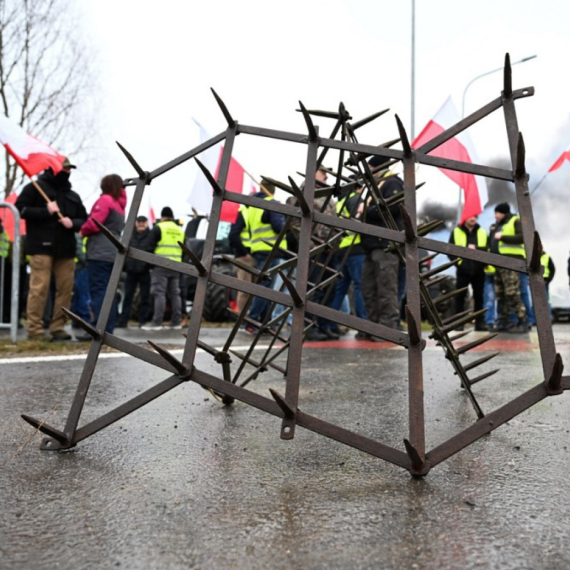
























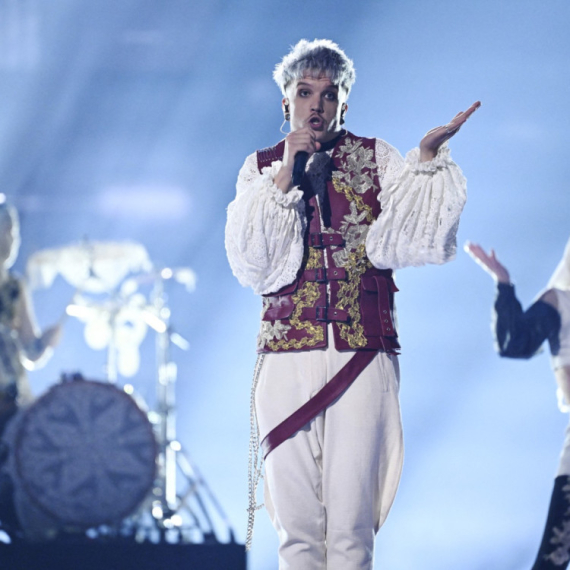
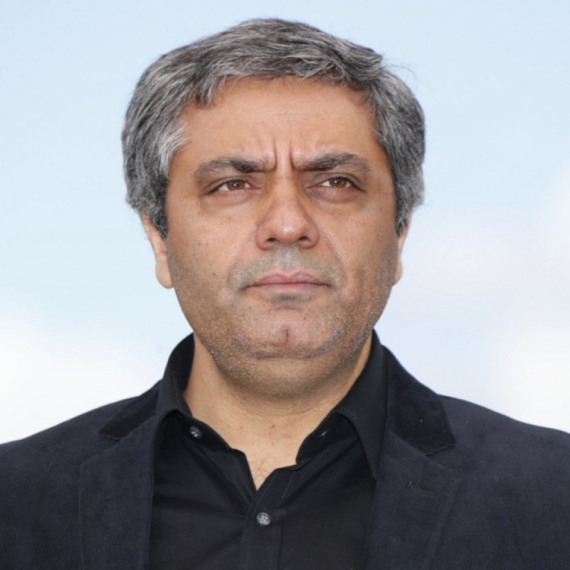
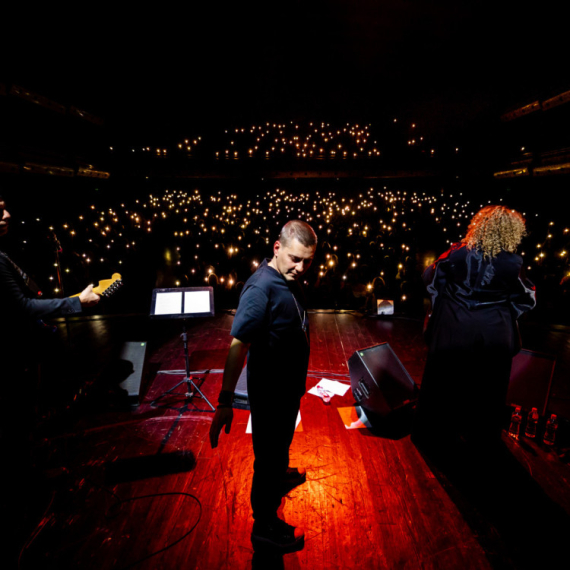
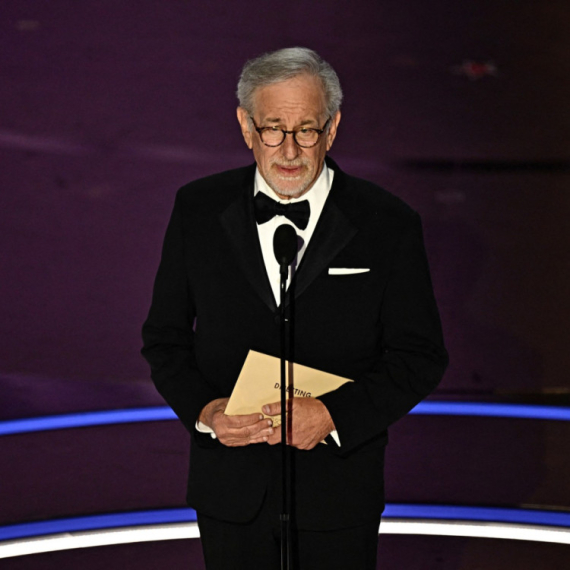











Komentari 10
Pogledaj komentare